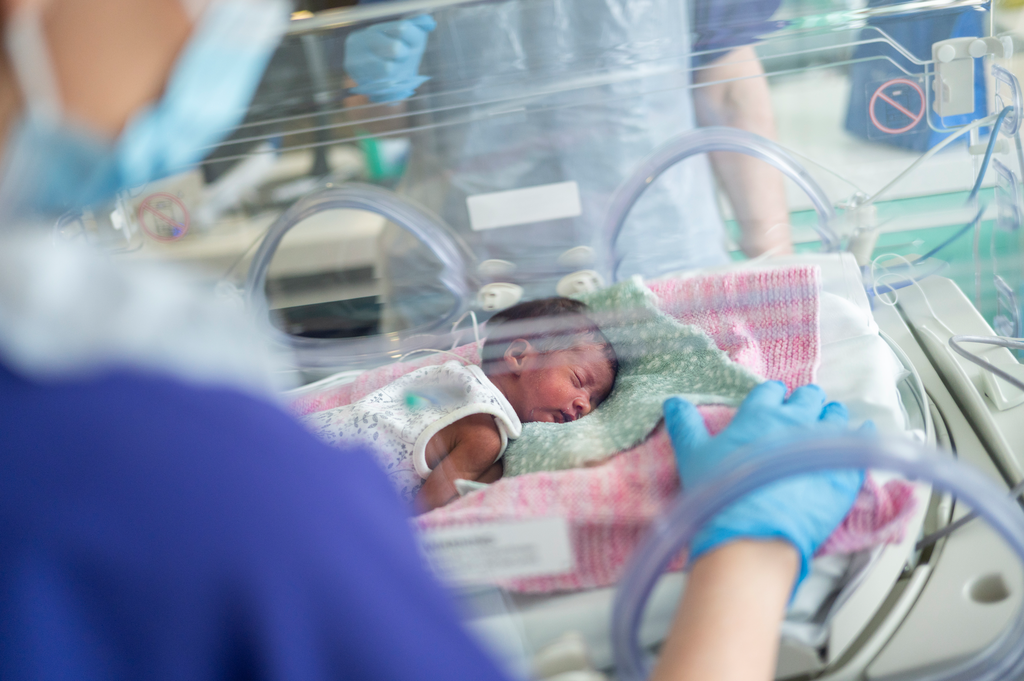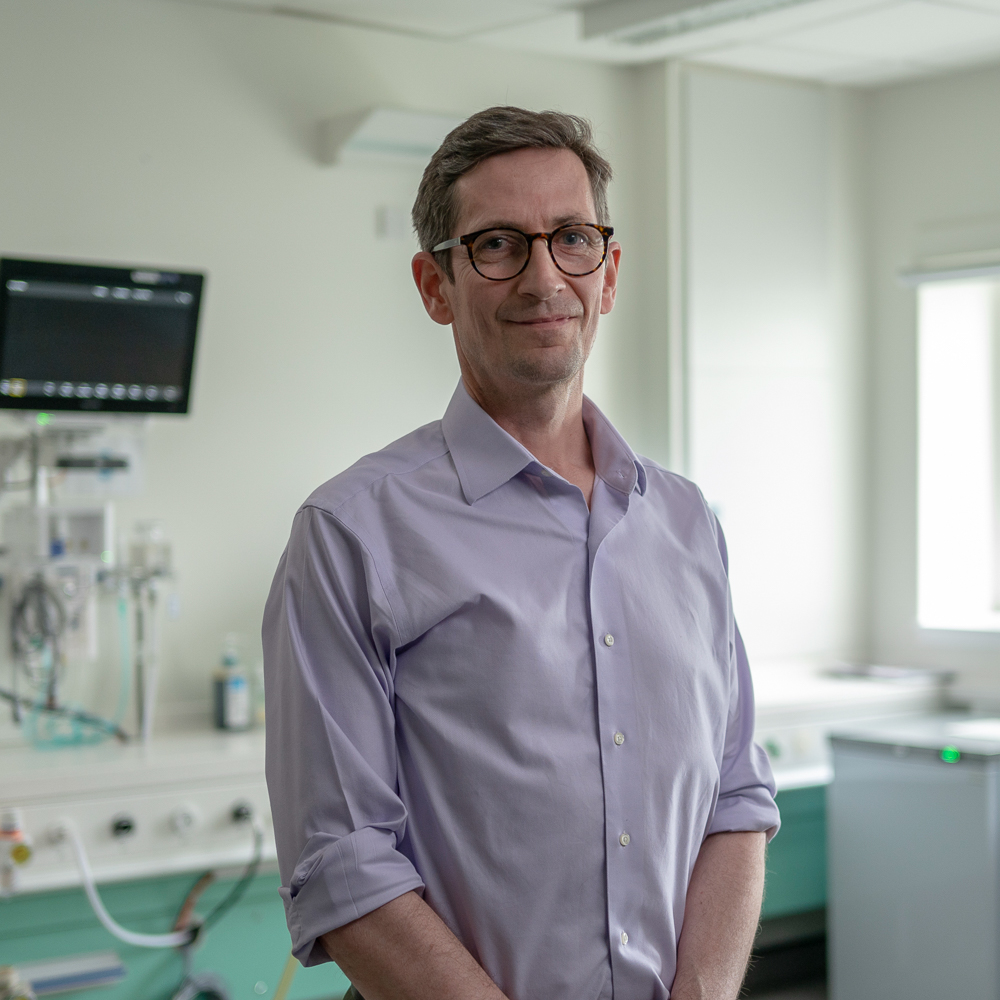Researchers find social inequality impacts brain development of premature babies

Data from brain scans on babies from the Theirworld Edinburgh Birth Cohort present “exciting new opportunities” to improve the outcomes for preterm infants.
Research involving children from the Theirworld Edinburgh Birth Cohort shows that premature babies from disadvantaged backgrounds are more likely to experience problems with early brain development.
The findings suggest that family-led social inequalities – particularly parental education and employment – have a greater impact in determining brain development than other measures of socioeconomic status.
“For a long time, scientists have focused on discovering the medical issues and care practices that can affect premature babies’ brain development,” said Professor James Boardman, whose team conducted the research at the Edinburgh-based Jennifer Brown Research Laboratory, established as a Theirworld pioneering project in 2004 at the University of Edinburgh.
“Now, we’ve found that social factors are very important too. This presents exciting new opportunities because targeted support to families who need it the most could promote healthier brain development and improve outcomes of babies born too soon.”
Theirworld Chair Sarah Brown said the new research “marks another breakthrough in Theirworld’s mission to give all children the best start in life”.

Targeted support to families who need it the most could promote healthier brain development.
Professor James Boardman, Director of the Jennifer Brown Research Laboratory
About 15 million children worldwide are born pre-term – before 37 weeks – every year and it is the leading cause of death and disability among newborn babies.
Premature birth can also lead to brain injuries that leave children more likely to develop lifelong problems such as learning difficulties, problems with their sight and hearing, behavioural issues and cerebral palsy.
The new research was funded by Theirworld and took place at the Jennifer Brown Research Laboratory at the University of Edinburgh and the Simpson Centre for Reproductive Health at the Royal Infirmary of Edinburgh.
Brain scans were performed around the mother’s due date on 261 babies from the Theirworld Edinburgh Birth Cohort – a 25-year study monitoring the progress of premature babies from birth to adulthood. The group included 170 babies born before 32 weeks of pregnancy and 91 born after 36 weeks.
The data was then checked against socioeconomic status (SES). Having divided the scans into 85 areas to examine changes in structure, they studied the results in relation to measures including parents’ education, employment and neighbourhood deprivation levels.
The team found that parental education and employment, along with other family-level social inequalities, were linked with changes in more brain regions than neighbourhood deprivation. The findings suggest that family-level social inequalities have a greater impact in determining brain development than other measures of SES.
Regions of the brain impacted by SES are associated with a number of functions that could be involved in a child’s development and learning ability. A follow-up study will begin to explore how these changes to brain structure impact future behaviour and learning in the group as they age.
Previous studies have linked low SES to impaired brain development in children. But this is the first study to show it can impact brain development in premature babies.
Sarah Brown said: “We set up the Jennifer Brown Research Laboratory in 2004 to find answers to why babies were being born too early and what we could do to support their development.
“I’m so proud of the extraordinary and sustained progress being made by Professor James Boardman and the Cohort team to find these answers and to ensure that babies have a greater chance not just to survive, but also to thrive.”
The findings have been published in JAMA Network Open.